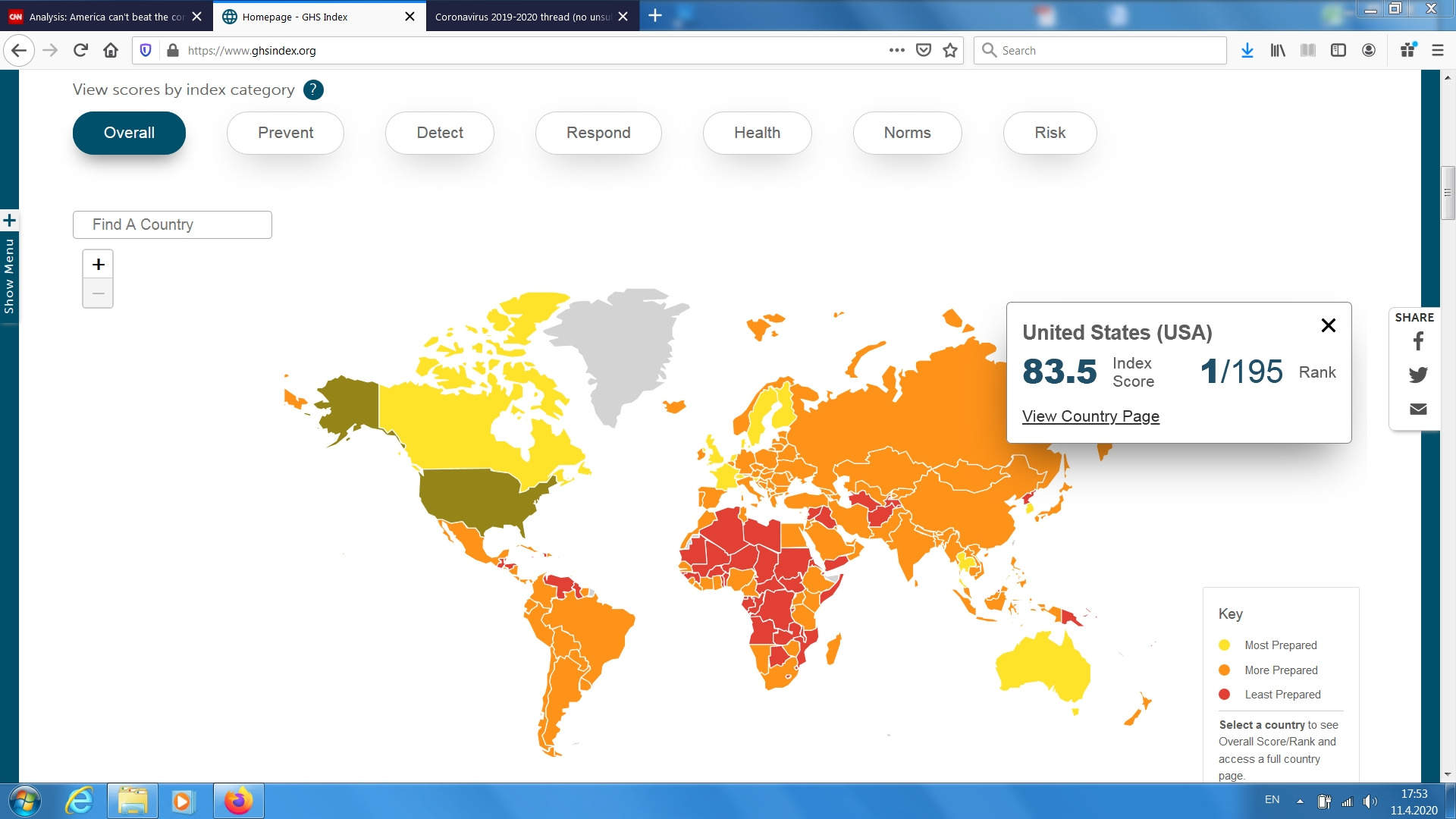manqiangrexue
Brigadier
Sure, you can randomize and stratify for what you have but you cannot randomize for future events. You can only hope that the impact on your data is mitigated by massive test pool.Do you know the purpose of randomization in a randomized controlled trial?
No. It means you still don't know if those antibodies were developed from your vaccine or natural exposure in your vaccine group. That was always going to be true when running a trial without having the people live in containment. Having a placebo didn't show you anything. It just means that those people in the placebo group certainly didn't develop antibodies from your empty vehicle unless your manufacturer screwed up royally.It implies that if you find some subject in your placebo group got naturally infected, you need to assume that your vaccine group has been exposed to the same risk. And if you know your vaccinated sample is at risk of developing antibodies from outside contact, not just from the vaccine you are testing, does that ring any bells when you try to conclude your vaccine's efficacy?
That's not contamination. Contamination is if the hospital mixed up your vials/labels or if the manufacturer accidentally got vaccine into some of the bottles of empty vehicle, which is a monstrous mistake to make. And if your placebo group came back positive, you don't know if they're positive from some contamination or from the environment. You just assume the manufacturer isn't THAT incompetent.It is exactly because there is a placebo group that you can be alerted to such contamination.
I can think of extreme cases such as both groups coming back all positive that would make a placebo group useful but those generally don't apply to this pandemic.
Then you should be able to use those clues without a textbook control group for machine-like data interpretation. Your experiment is looking for clues. If you made an experiment to look for clues that don't tell you anything definitive, you shouldn't be doing medical research. You make some trial that yields unusable data and need to start over, then forget about it. It was 18 months on your first go and now you want another 18 months? COVID-19's gonna be done by itself before you make anything useful for it. Making a vaccine to a pandemic that ended is not the goal of medical research.All data is clue, even if it's a clue that says "you messed up, you should start the trial again", it is still valuable because you may have avoided killing people with an ineffective vaccine. When finding antibodies in your placebo group, if you simply dismiss it as "uninterpretable" and attempt to "solve" the problem by cancelling the placebo group, you should not be doing medical research.
This is different; before, you said no ethics committee would or should approve human challenge trials. But now you say it's wishful thinking and would be great if true. OKI'm afraid this is wishful thinking, based on what I have explained in previous posts as well as predictions on vaccine development time from the world's top experts. It would be great if true, but unlikely.
Last edited:

